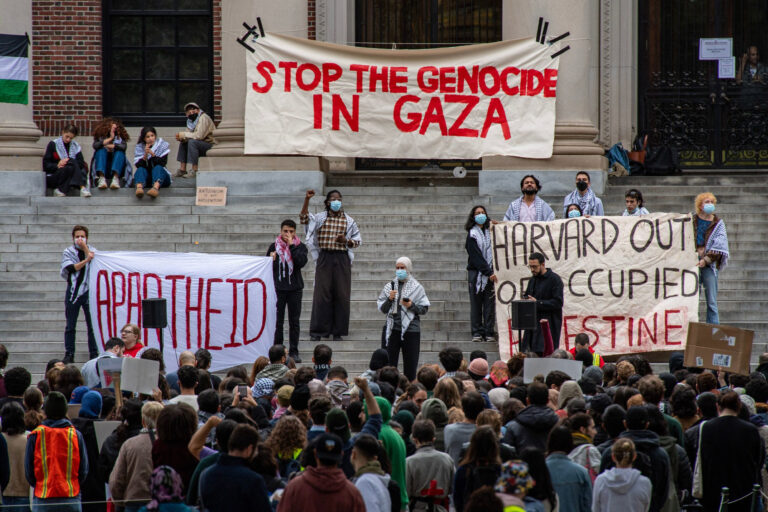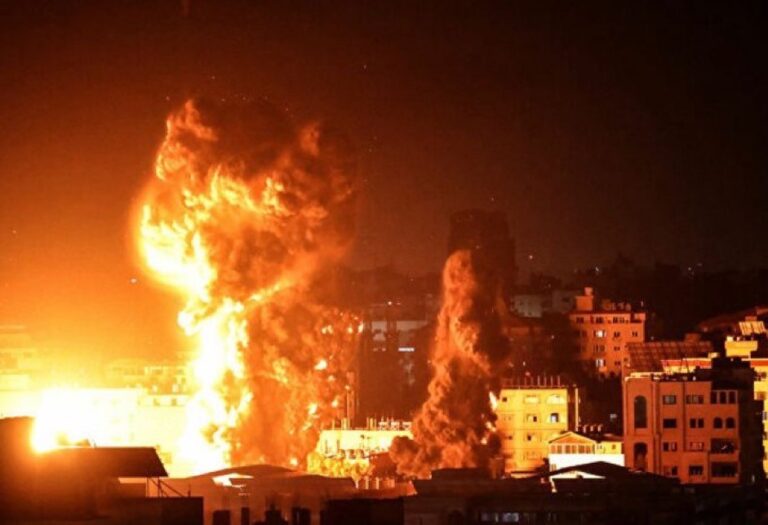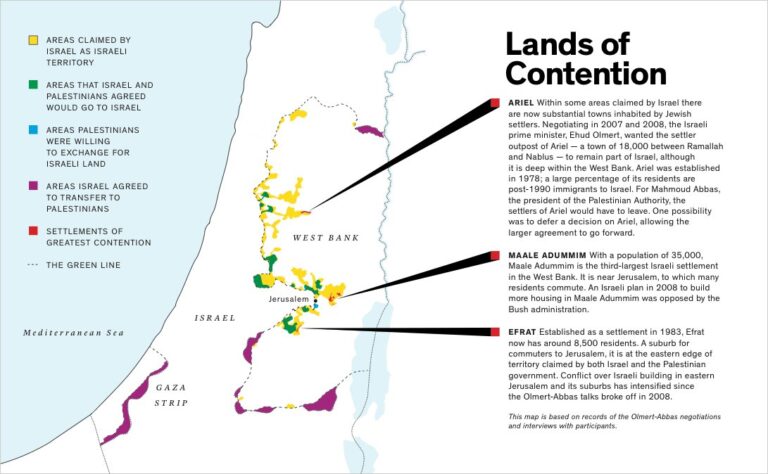1967 borders. (Photo credit: WP)
Amidst a reenergised flurry of support for the pro-Palestine movement, I find it astonishing that this is still an unresolved question within the pro-Palestine movement, and within Palestine itself.
The countries that are planning to recognise Palestine such as Spain and Slovenia, and those that have already recently recognised Palestine such as Jamaica, are clear – they are recognising Palestine along the borders of 1967.
Different political factions in Palestine want different things as do the public, and the same differences exist within the global pro-Palestine movement.
The harsh truth and a truth that everyone within the overall movement, in and outside of Palestine ignore, is without one unified solution being pushed for, there will never be success.
South Africa, Northern Ireland, etc. are good examples of this. With the latter there were factions even within the IRA who wanted to continue the armed resistance for something “better”, but in the end had to make compromises and back the majority view; which was to give up armed resistance for a peace that was not perfect or their ideal settlement, but compromises always have to be made.
All the push that is currently occurring globally amongst the politicians, diplomats and various institutions, for recognising a Palestinian state, is occurring on the basis of a Palestinian state along the borders of 1967, with Jerusalem as the shared capital.
The majority of the Palestinians in Palestine would take that option.
But the issue is, there is a loud segment of the pro-Palestine movement comprising of members from around the globe, who do not believe in that option.
They believe in it being all Palestine again a la pre-48. That is ideal, and a noble desire to have, however unrealistic.
And in my view, they give fuel to the fire of elements who are essentially prolonging the pain of what the majority of Palestinians in Palestine want: 67.
They are selfishly prioritising their desires and preferences, over the majority of Palestinians in Palestine, who are having to live through this hell – the latter ought to be the priority for all.
The displacing Palestinians first was not an answer, I fully agree, I really wish the Palestinians and Arabs were successful in fighting against that. But alas, a bunch of people from one continent came and invaded, and if the Palestinians can forcefully take back what is theirs then I will support them in doing that, if that’s what the majority want – there is no double standards in that, but the reality is what it is, and I do not see the latter happening.
Anecdotally speaking, I believe when you gauge the views of those expat Palestinians living in the west; Europe, North America, Australia, then they prefer the option of pre-48 lands, decolonisation, etc. I, as a non-Palestinian would prefer that, but that’s easy to say from the comfort of the west – I believe the priority to back the Palestinians should be based on those who are living the pain in Palestine for decades. I am actually now more clear on that than ever.
If the polls and data suggests the Palestinians in Palestine would be happy with the two-state option, then one can reasonably assume they accept it’s along 67 lines. And for them, whilst not ideal it could still mean decolonisation, justice and freedom.
All within the pro-Palestine movement broadly fall into three categories:
1) Back to pre-48 of historic Palestine with equal rights for all
2) Two sovereign states
3) Bi-national / federal state of Palestine and Israel
Two sovereign states is the closest of all three and has a majority. The minorities in the other two options are primarily, if not solely, driven towards those two options because they want to go back to their previous land, which now falls under what is called sovereign Israel.
Now, if we take this minority into account, then the majority will have to lose out, because those two options in the short, mid and long-term are impossible (unless someone can educate me on a pathway, blind hope and bravado are not pathways to achieving an objective).
Minority voices no doubt should be taken into account, but normally the minority are more than a single agenda minority.
I believe in the principle of accommodating minority views but, not if it excludes or nullifies the majority view.
I believe there may be a point in the future, somewhere along the line, that the two states of Palestine and Israel can merge if they so wish. Like it may happen with Republic and Northern Ireland in the future, which is looking more likelier than it ever did. But crucially, they had to go through a process… by ceasing internal hostilities and divisions, and creating stepping stones that could enable them to go from one place to another.
Palestine and Palestinians desperately need to start creating those stepping stones, and that first stepping stone is a Palestinian state along the 1967 borders.













